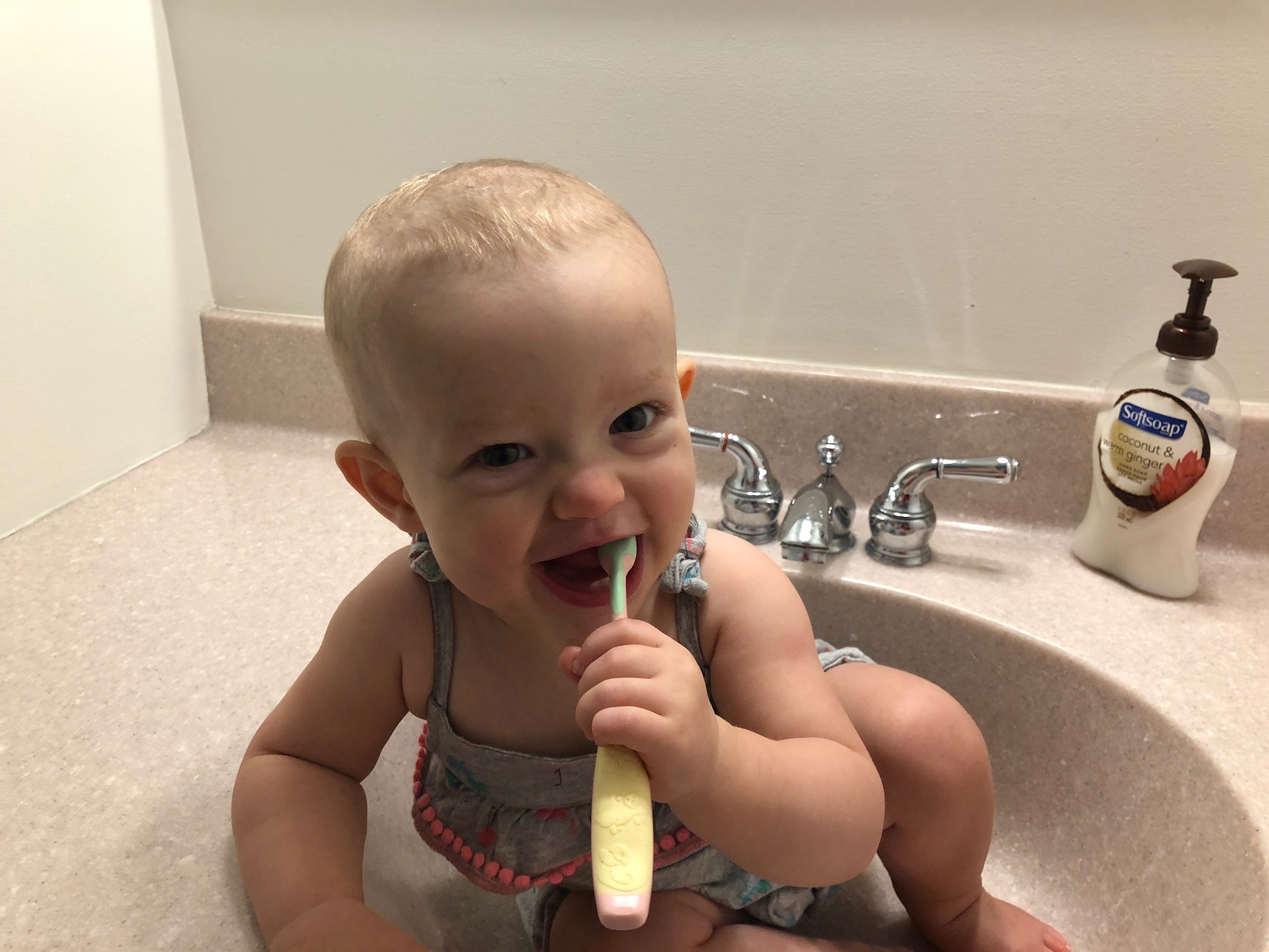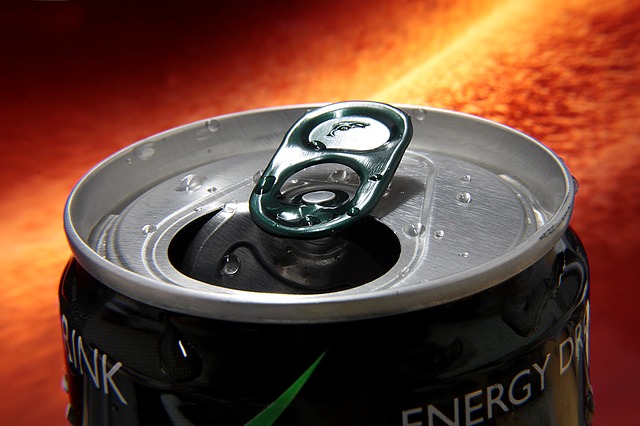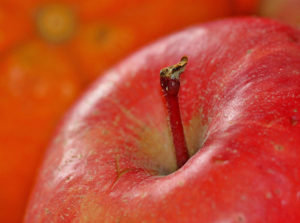
A child’s first tooth growing in can be a bittersweet moment for parents. It can be frustrating when babies become irritable. It can also be exciting because this marks another stage in a child’s life. Understanding the stages of oral development can help you promote optimal oral health for your child.
Birth to 3 Years Old
The primary (baby) teeth that will appear in the first 3 years of your child’s life aid in development. Primary teeth are key for chewing, speaking, and appearance. They also hold space in the jaws for upcoming adult teeth. Even though they fall out, baby teeth are extremely important.
3 to 6 Years Old
By the time your child is 3 years old, they will most likely have all 20 primary teeth. Your child should be brushing their teeth twice a day and flossing daily.
6 to 12 Years Old
Between the ages of 6 to 12 years old, your child will gradually lose all of their primary teeth and their first permanent (adult) teeth will move into place. Permanent teeth affect the position and health of the other adult teeth that will grow in later.
12 to 17 Years Old
After 12 years old, your child will likely have most of their adult teeth. Oral health becomes critical because these are their teeth for life. Avoid excessive sugar which can lead to tooth decay, wear mouth guards while playing sports, and visit us if your child appears to have crooked teeth.
17 to 21 Years Old
The last teeth to appear are wisdom teeth. Often times, we recommend that these teeth be removed to prevent overcrowding which can lead to many oral health problems. This tends to occur between the ages of 17 to 30.
Teeth are constantly changing throughout childhood. How you take care of your child’s teeth now, can impact their oral health in the future.
Call us to schedule your child’s first appointment today at Upper Valley Pediatric Dentistry.
Upper Valley Pediatric Dentistry
Phone: 603-790-8130
Url: https://uvpediatricdentistry.com/
30 Airport Rd, Suite 7
West Lebanon, NH 03784




 Athletes often drink sports drinks during exercise, so it can be easy to believe that these drinks provide important nutrients to help keep you healthy and active. Young adults frequently consume energy drinks to help them stay awake and active for school, work, or play. However, both sports drinks and energy drinks can have profoundly negative impacts on your teeth and your health.
Athletes often drink sports drinks during exercise, so it can be easy to believe that these drinks provide important nutrients to help keep you healthy and active. Young adults frequently consume energy drinks to help them stay awake and active for school, work, or play. However, both sports drinks and energy drinks can have profoundly negative impacts on your teeth and your health. The food children eat affects their long term oral health. Some foods have nutrients teeth need. Others are full of acids and sugars that are harmful to teeth. With so many unhealthy food choices being marketed to children every day, it is vital that you take a stand. Offer fun, healthy snacks and model the better food choices you want your kids to make.
The food children eat affects their long term oral health. Some foods have nutrients teeth need. Others are full of acids and sugars that are harmful to teeth. With so many unhealthy food choices being marketed to children every day, it is vital that you take a stand. Offer fun, healthy snacks and model the better food choices you want your kids to make. Pregnant women experience major hormonal changes. For some, the mouth may be affected, causing what is known as “pregnancy periodontal disease.” Even those with great oral hygiene habits can be affected by this inflammation of the gums that causes swelling, tenderness, and sometimes minor bleeding of the gums during brushing or flossing. Research has shown a connection between periodontal disease and pre-term low birth weight babies. Before and during pregnancy, it is important to practice optimal oral health.
Pregnant women experience major hormonal changes. For some, the mouth may be affected, causing what is known as “pregnancy periodontal disease.” Even those with great oral hygiene habits can be affected by this inflammation of the gums that causes swelling, tenderness, and sometimes minor bleeding of the gums during brushing or flossing. Research has shown a connection between periodontal disease and pre-term low birth weight babies. Before and during pregnancy, it is important to practice optimal oral health.



